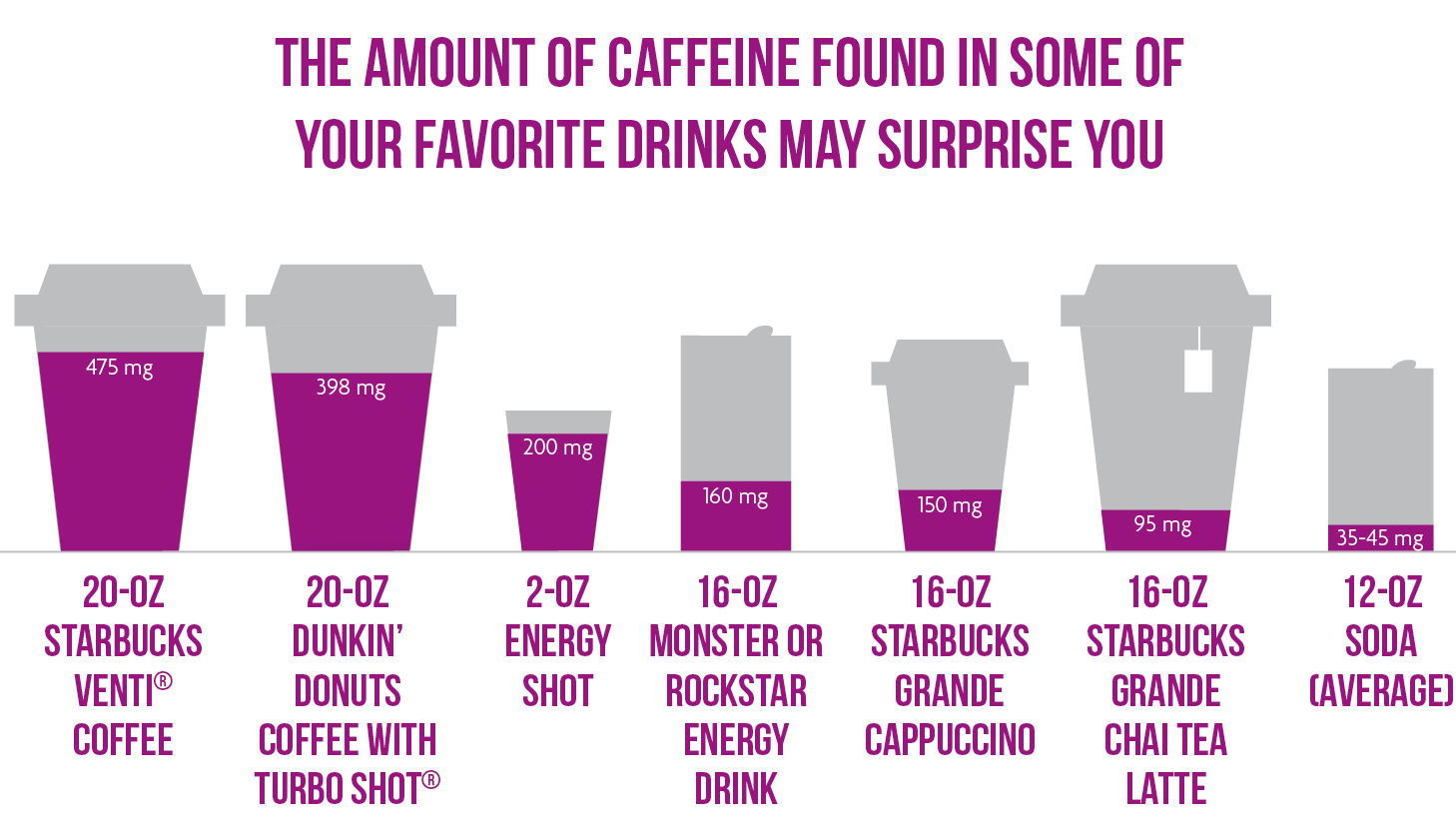Caffeine withdrawal is real

There is a rather dull and somewhat plodding psychology handbook called ‘Diagnostic and Statistical Manual of Mental Disorders’ – it is one of those books that is full of useful information and statistics and is best read by people in the know – but the latest edition of this worthy is little read book contains some rather interesting facts about caffeine.
Caffeine is contained in many of our favourite drinks from tea and coffees to many varieties of soft drinks and fizzy pops. So what is new?
Well scientists have discovered that there is a link between caffeine withdrawal and mental health. There is documented evidence to say that a person who has cut themselves off from caffeine displays physical and psychological symptoms similar to those experienced by people being cut off from drugs.
The evidence shows that withdrawal side effects can start as soon as 12 to 24 hours after stopping consuming caffeine. These can include and are not limited to throbbing headaches, fatigue, irritability, depressed mood and a difficulty in concentrating. In some cases the withdrawal symptoms can emerge after sleeping with people experiencing them the moment they wake up from sleep.
The answer is, apparently, if you want to reduce your caffeine cravings do it over time, allowing your body to adjust to the new levels in your system.